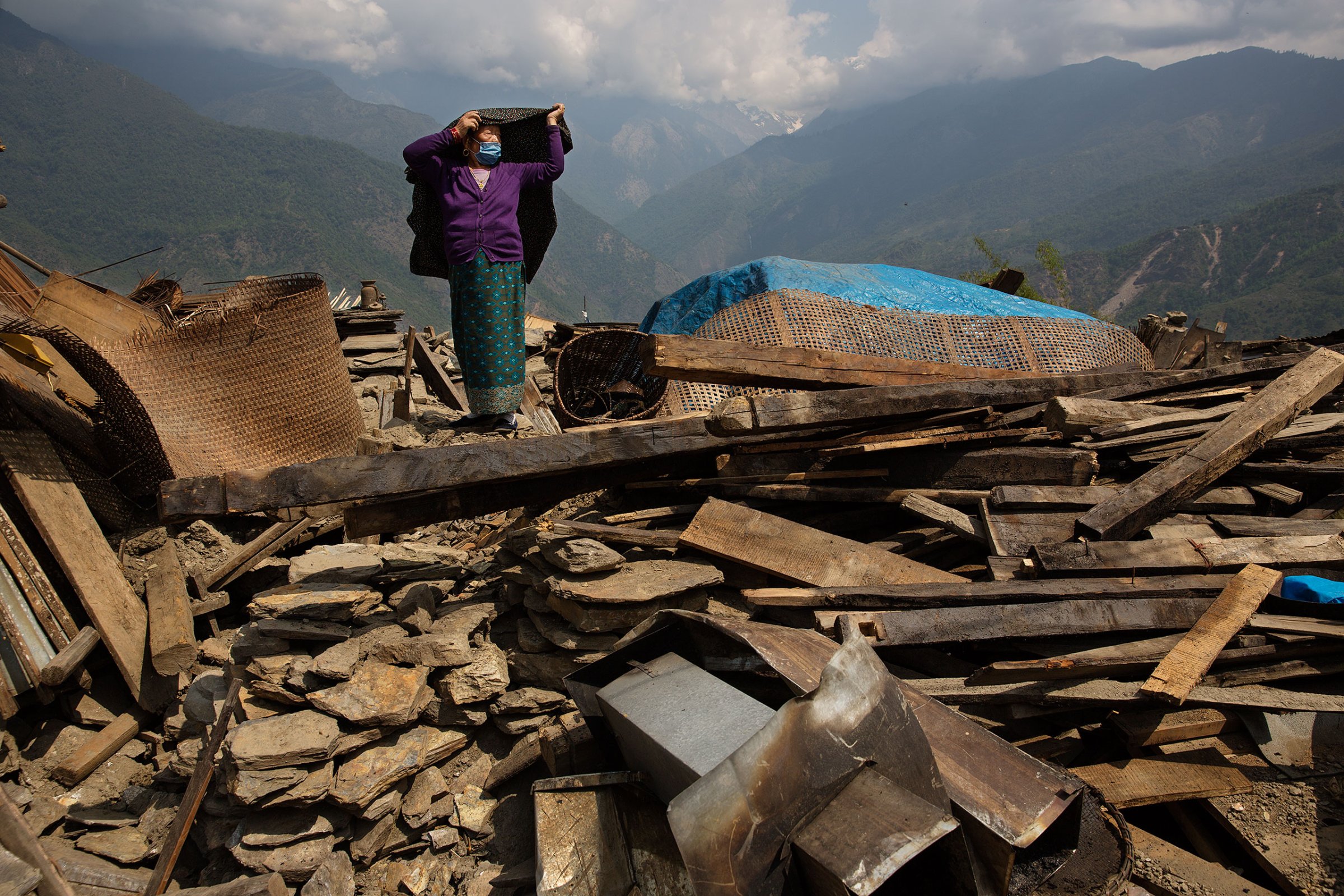
On April 25 and May 12, Nepal was hit by devastating earthquakes. As of June 8, there have been more than 8,700 deaths, and more than 22,000 injuries, according to government data. More than 775,000 homes have been destroyed or partially damaged. Those involved in the relief and recovery process have shown tremendous conviction to help Nepal rebuild. But Nepal’s deeply entrenched patriarchal and its unfair culture toward women will likely continue to complicate efforts to help the country recover.
As a Nepalese citizen and co-founder of a company that is using open data to help with the recovery efforts, it’s clear that one way to minimize the potential damage would be to ensure women are leading the reconstruction process.
While women leaders, such as Pushpa Basnet, are actively involved in the relief process, there aren’t enough. BibekSheel Nepali, a new political party in Nepal that deserves praise for pro-actively helping in the relief process, does not have any women in its leadership team.
Women have lost the most in the recent earthquakes—More than 55% of the deaths as of June 3 were women. Sadly, this is not surprising: Studies have shown that women are more likely to be killed in natural disasters than men.
But they also have the most to lose as the country reforms and recovers. Nepal remains a patriarchal country and has traditionally been one of the worst in the world for gender equality. Nepal ranked 112 out of 142 in the Gender Gap Index 2014, according to the World Economic Forum. The earthquake has only made the situation worse: Reports show how women and young girls face a range of increased risks—from gender-based violence to sex trafficking.
There are many reasons why Nepal would be wise to look to women leaders to best help the about 800,000 survivors of this disaster (the majority of whom are women, children and the elderly).
Women often make better leaders in times of crisis. Bangladesh offers a fine example: After a cyclone in 2007, the country looked to women to distribute aid, which helped the country recover. Research shows that when there are more women leaders, there is less corruption, which could prove useful now in Nepal, when there is so much concern about the misuse of international aid.
Women may also have a better pulse on how to work within communities. They often not only know the critical needs of their families, but also of their neighbors’ families. As a son of the mother who, though illiterate herself, always helped me go to school, I know women often put others’ needs ahead of their own. These traits could be useful during this extraordinary crisis.
Taking leadership roles in the recovery may also help women improve their position in the country.
James Nachtwey’s Dispatches From Nepal - Part 2

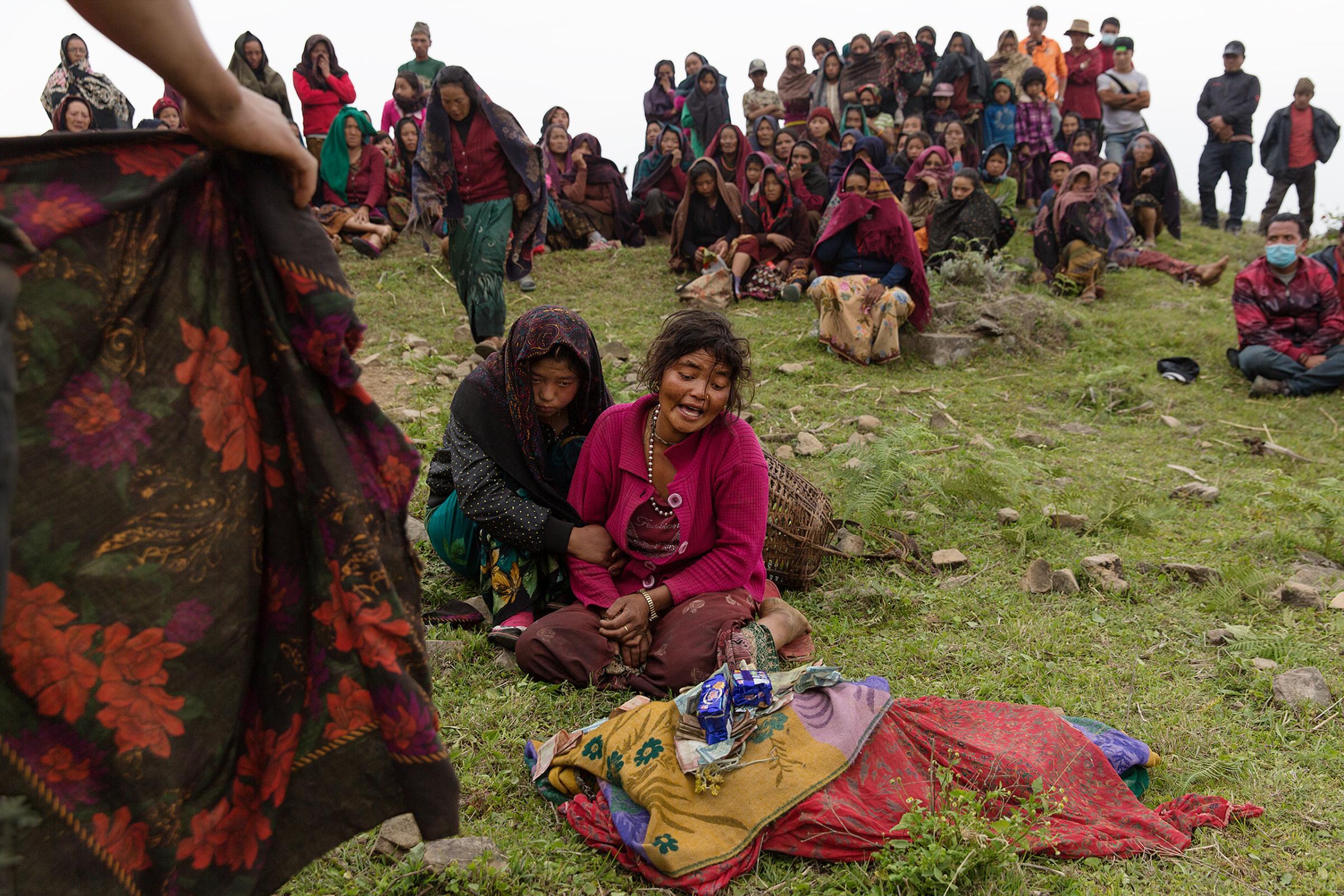
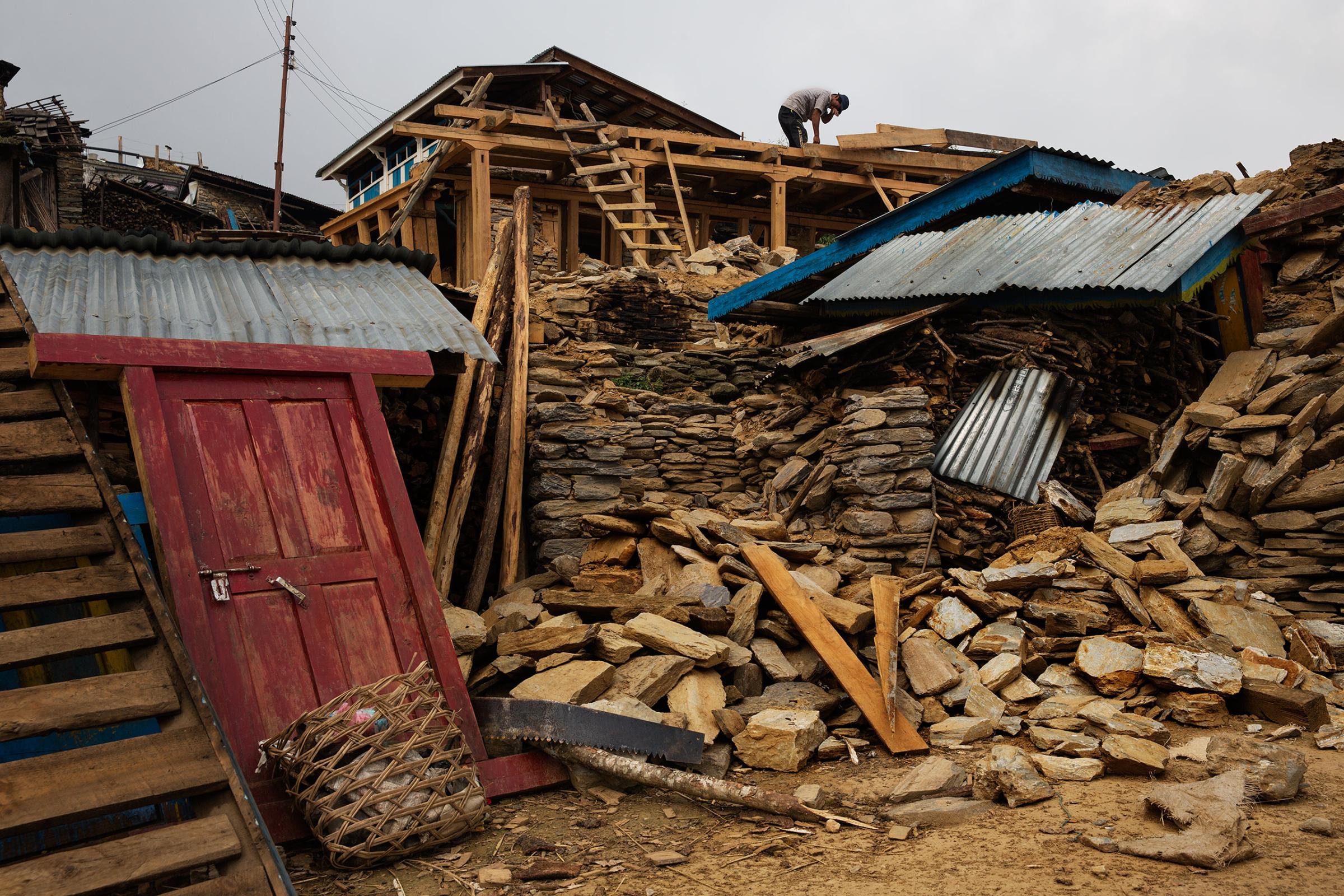
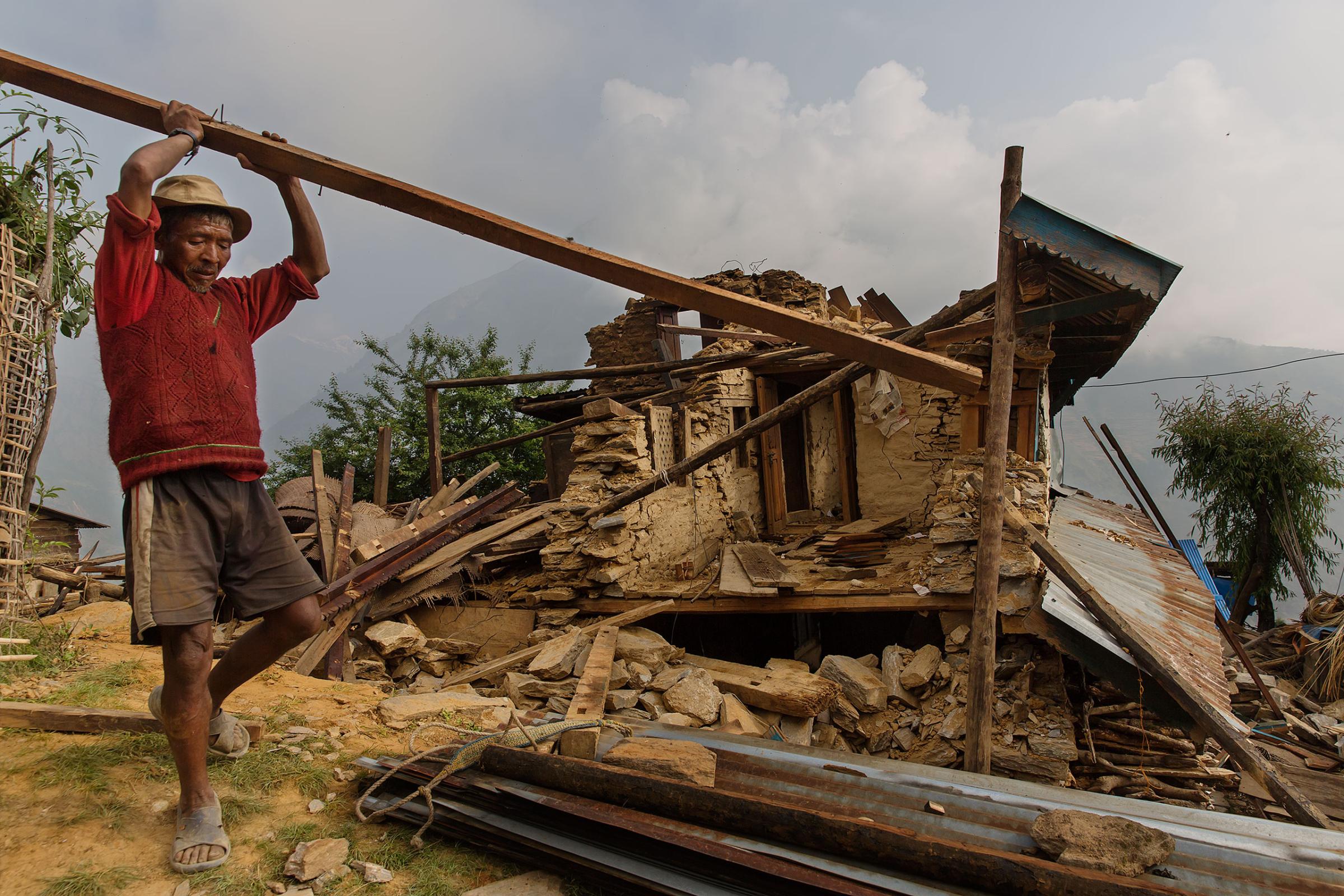
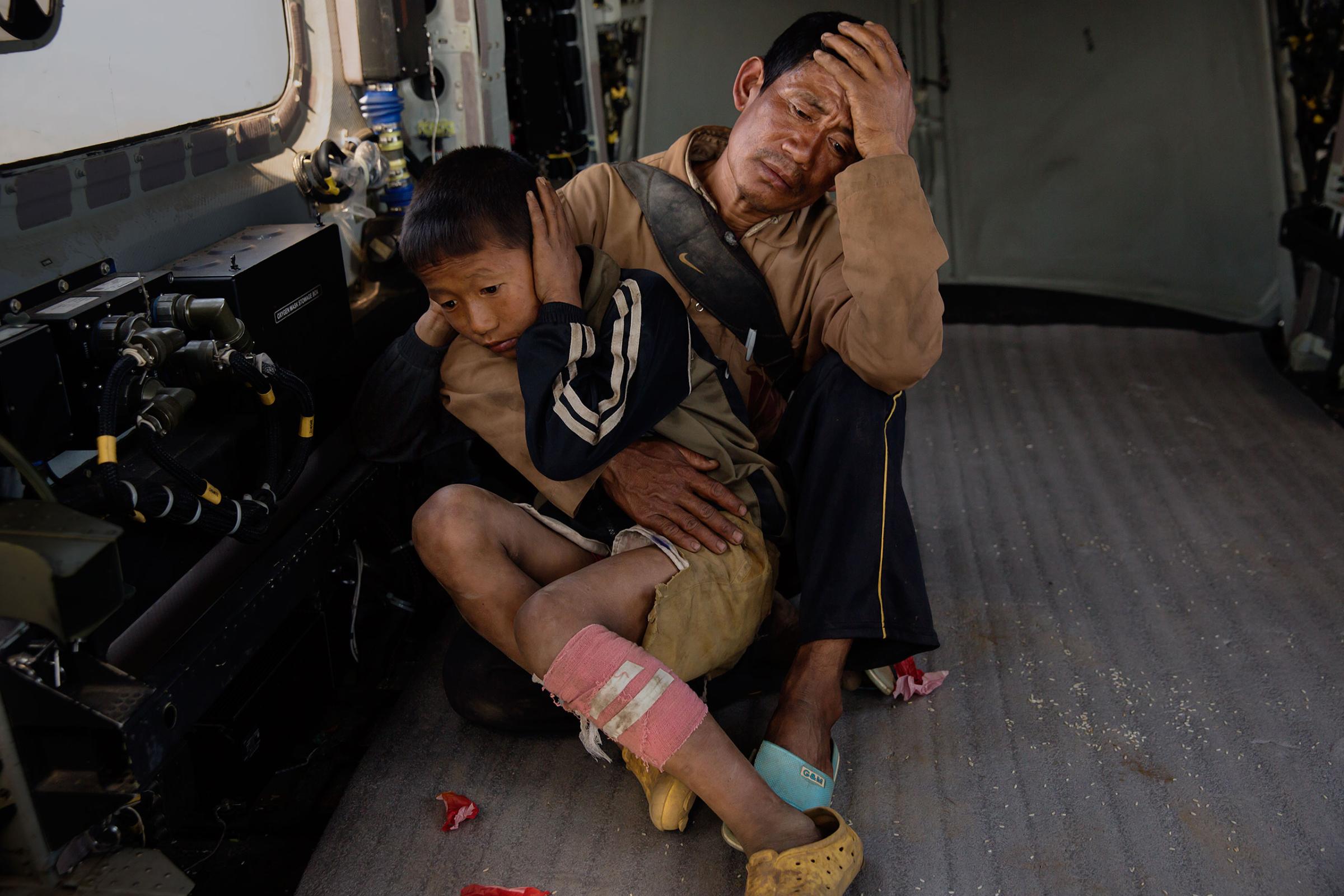
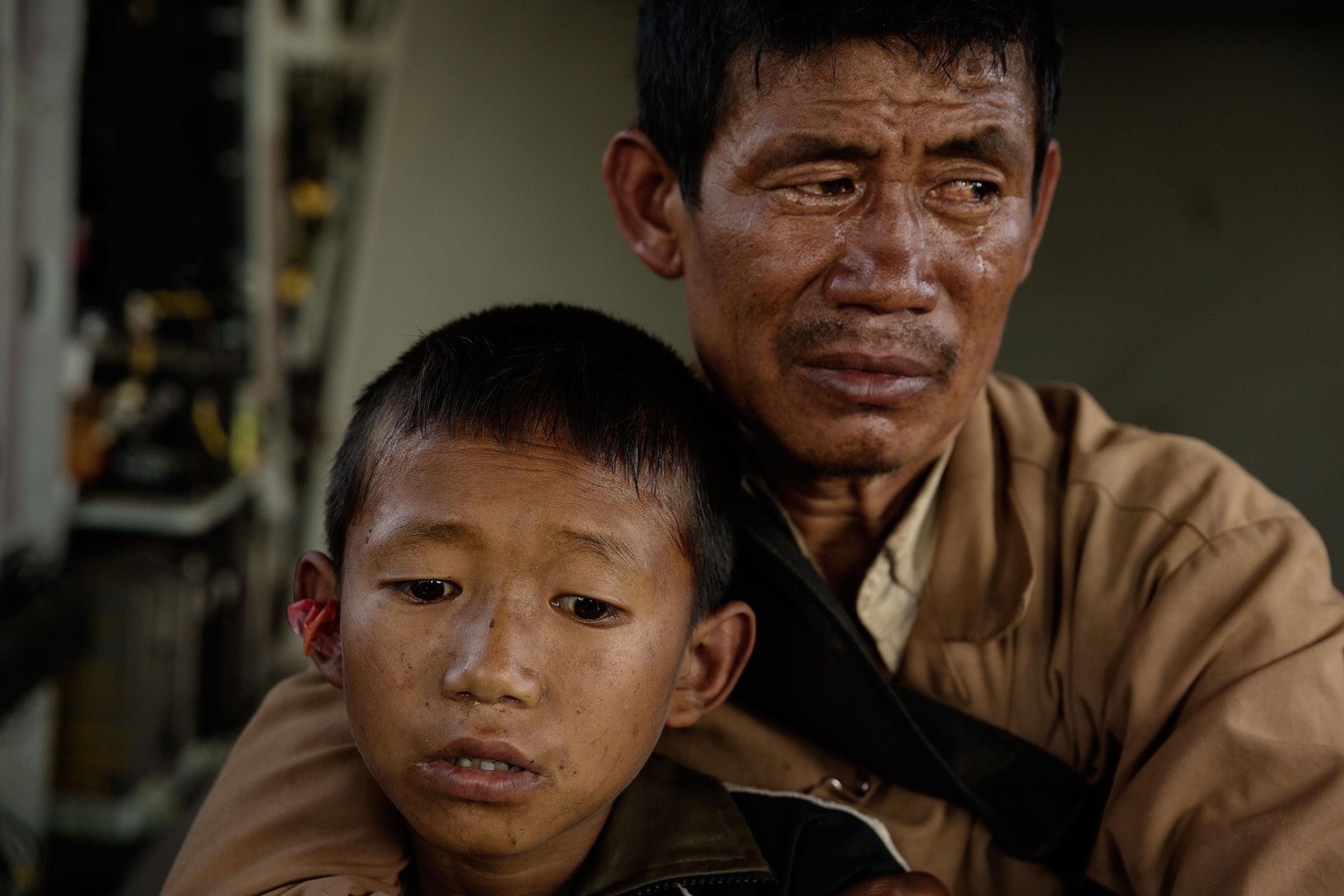



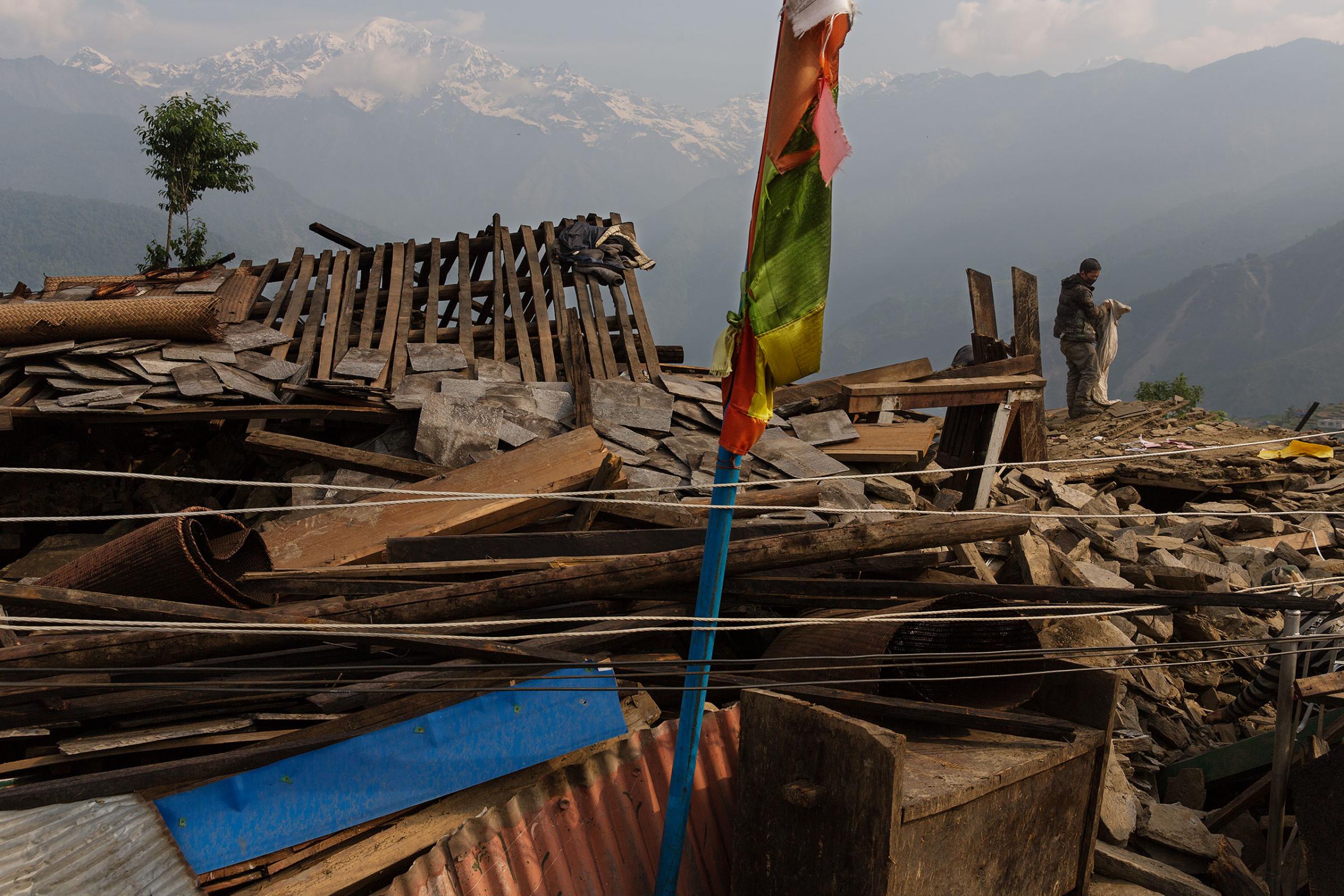
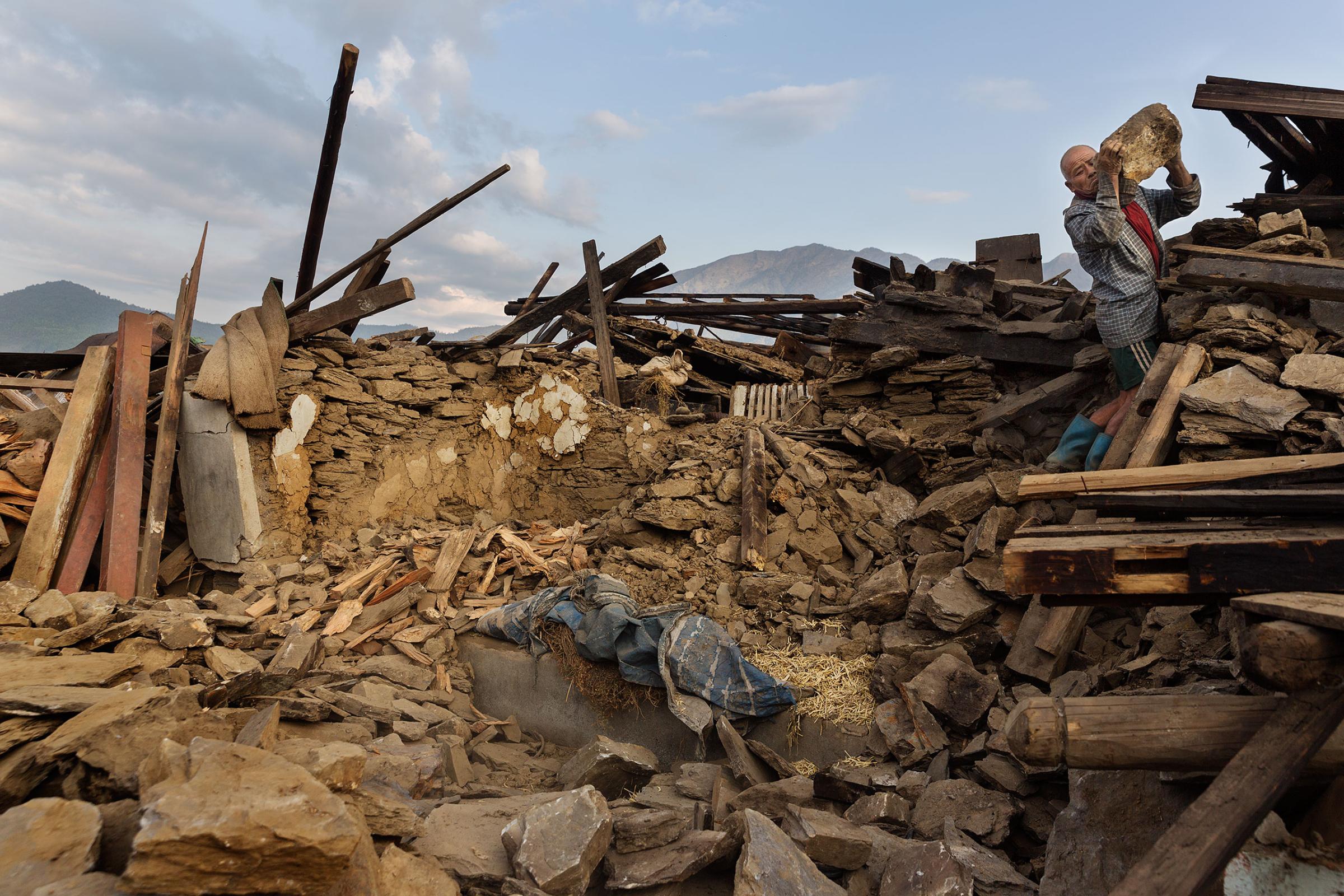
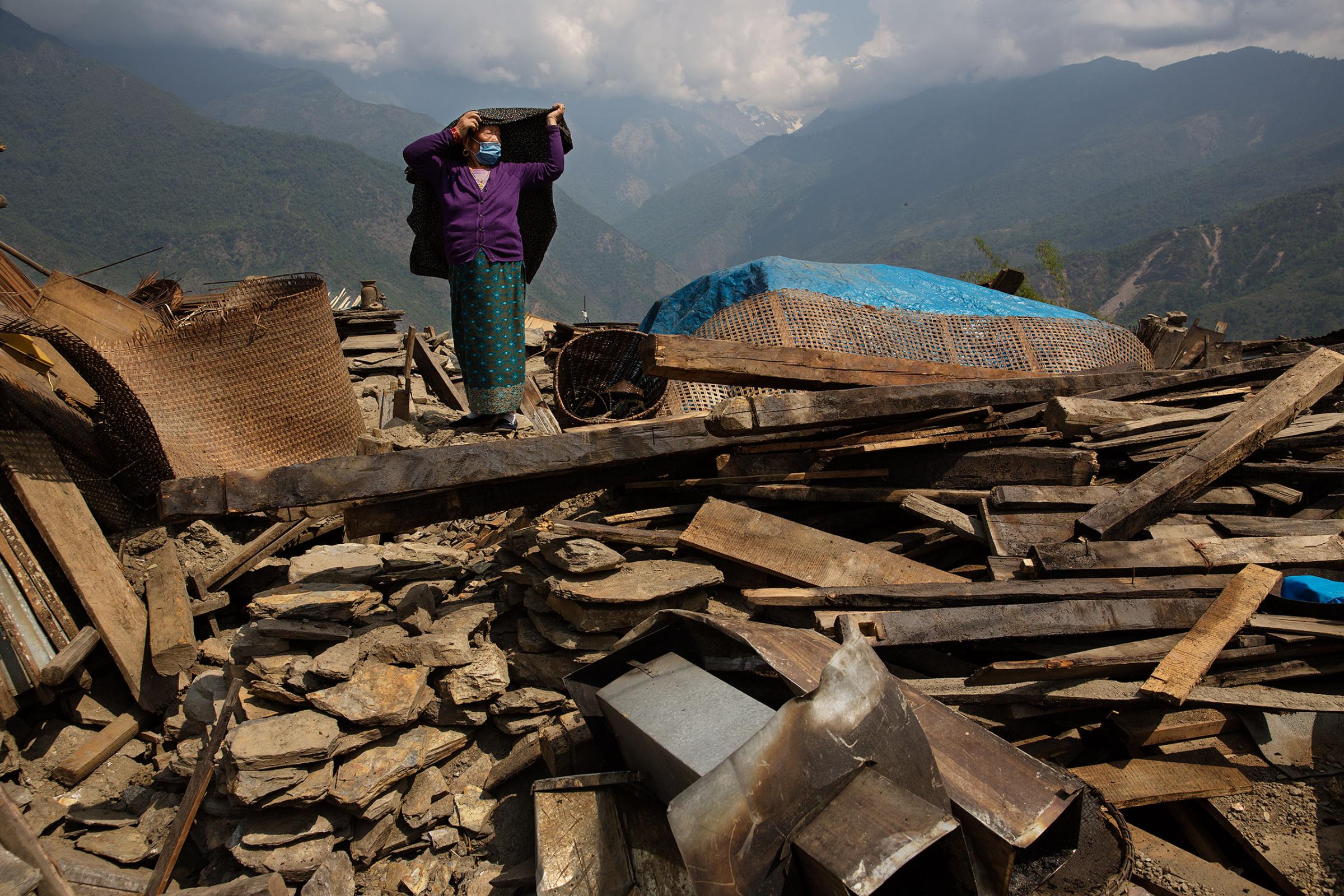
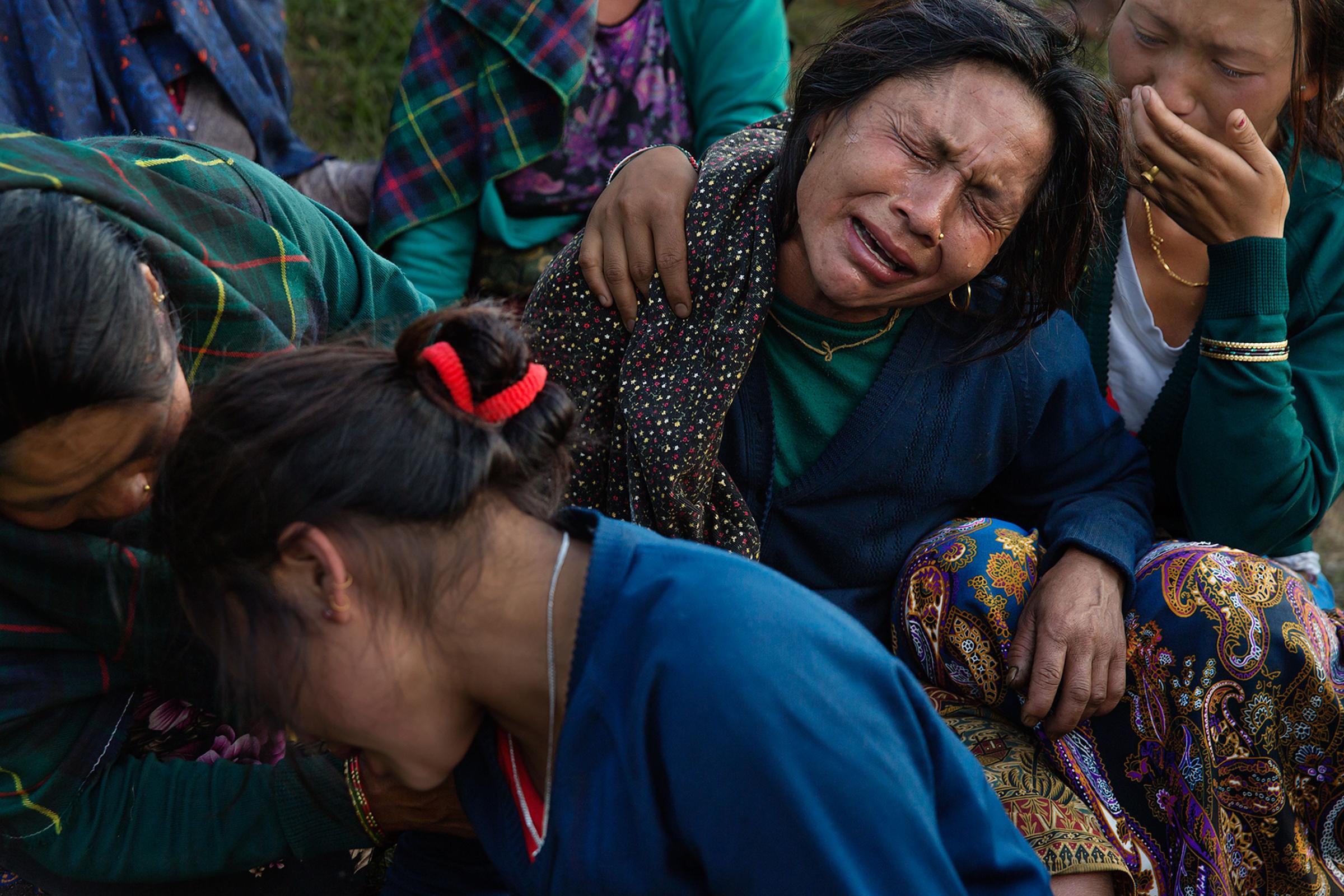
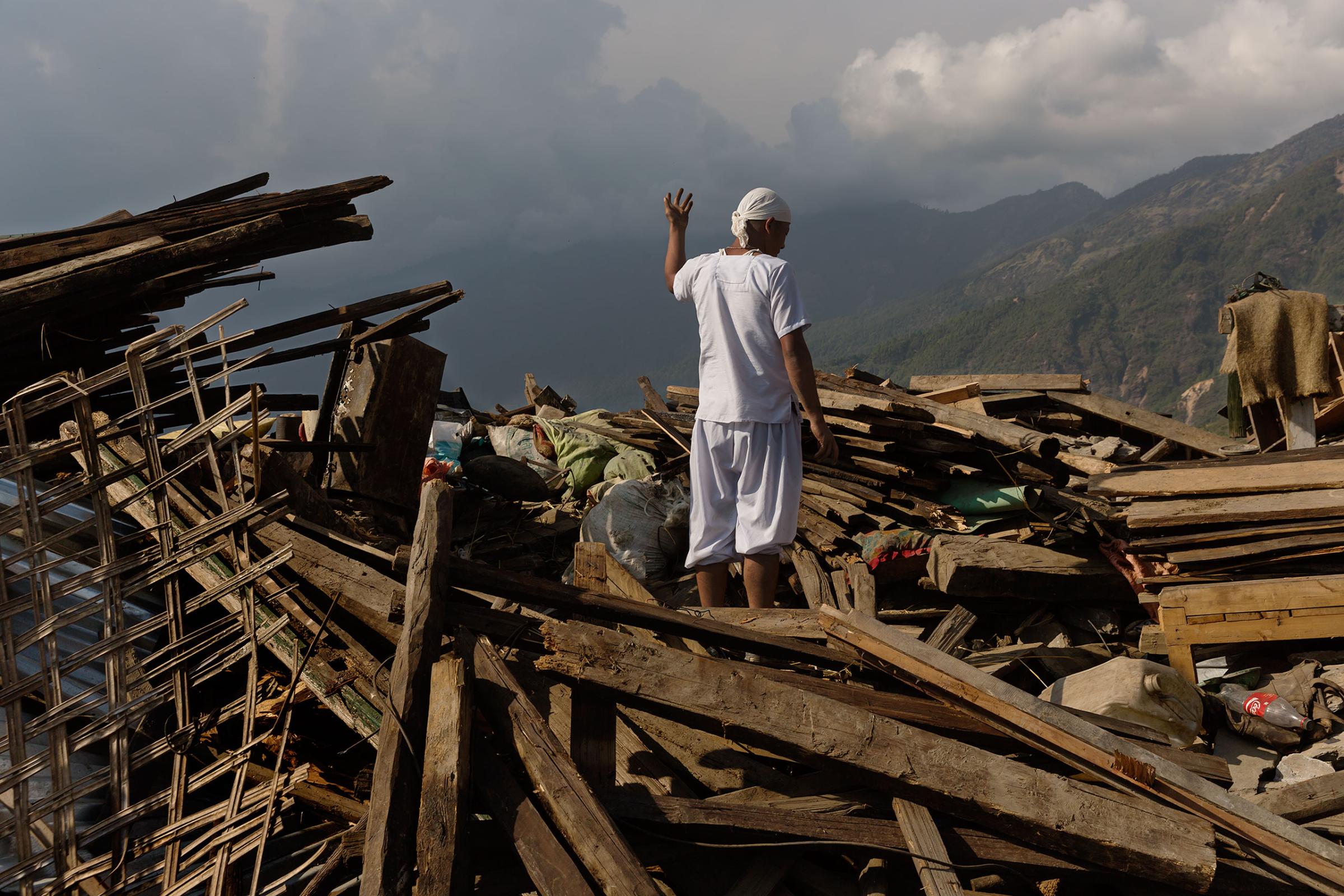
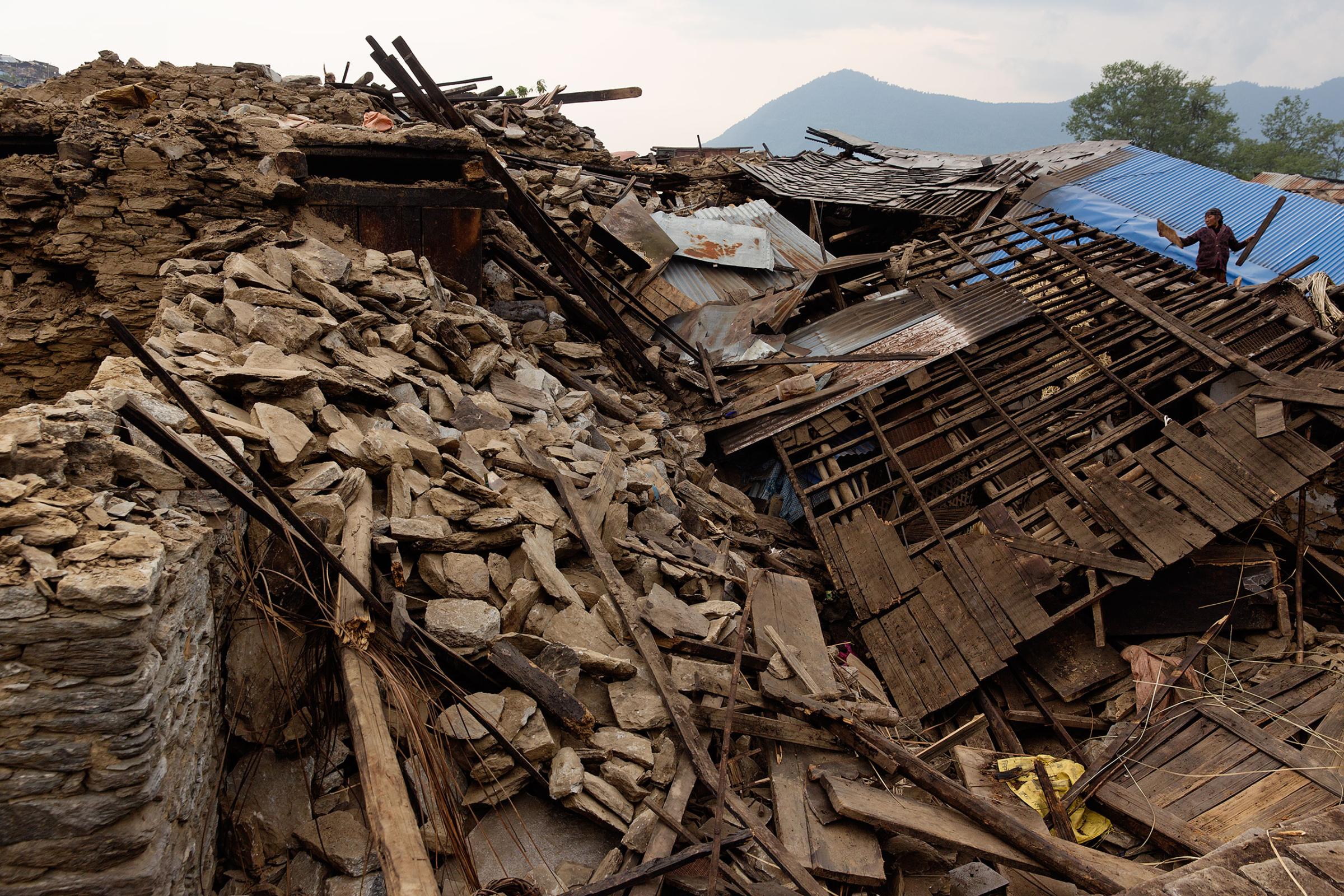
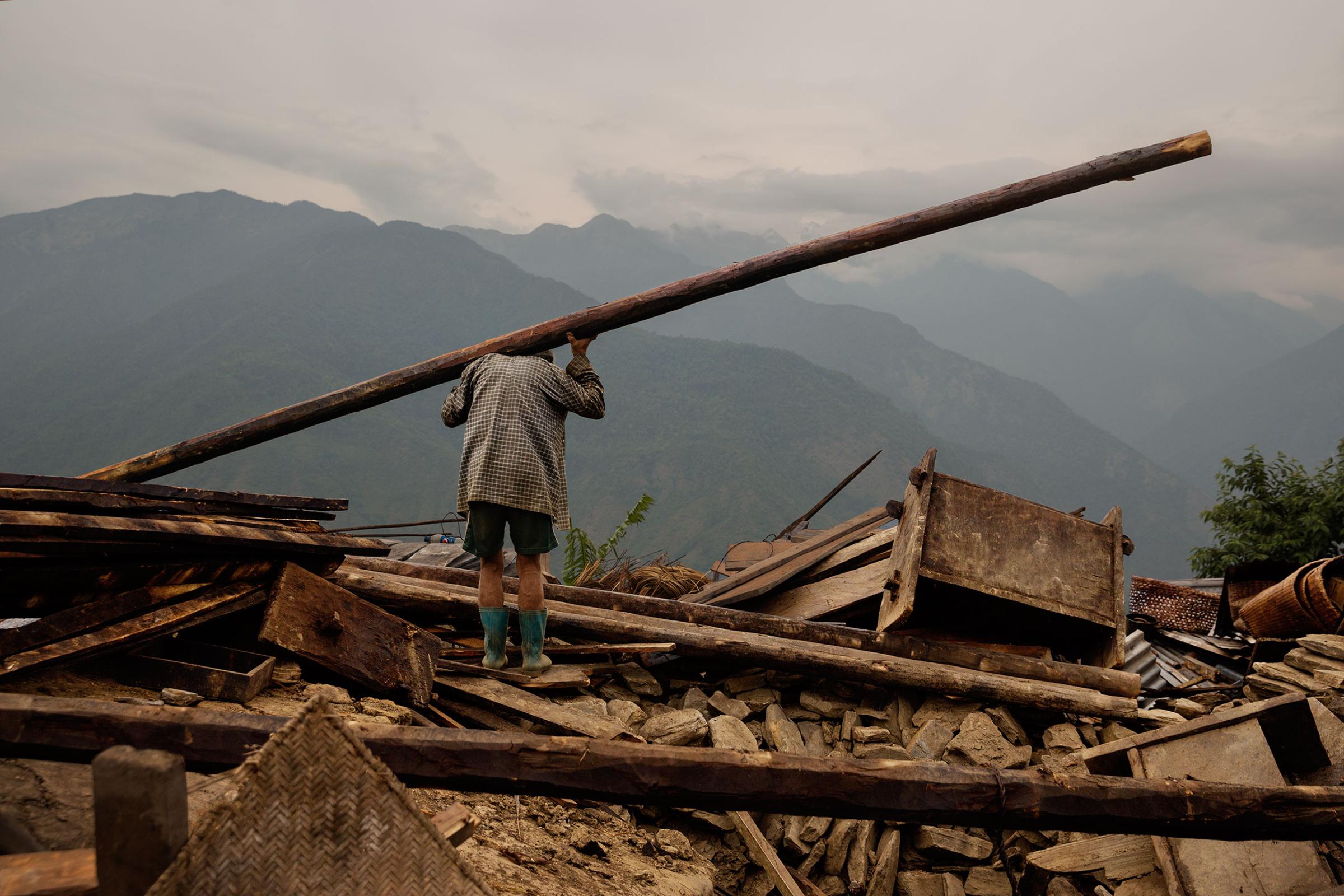
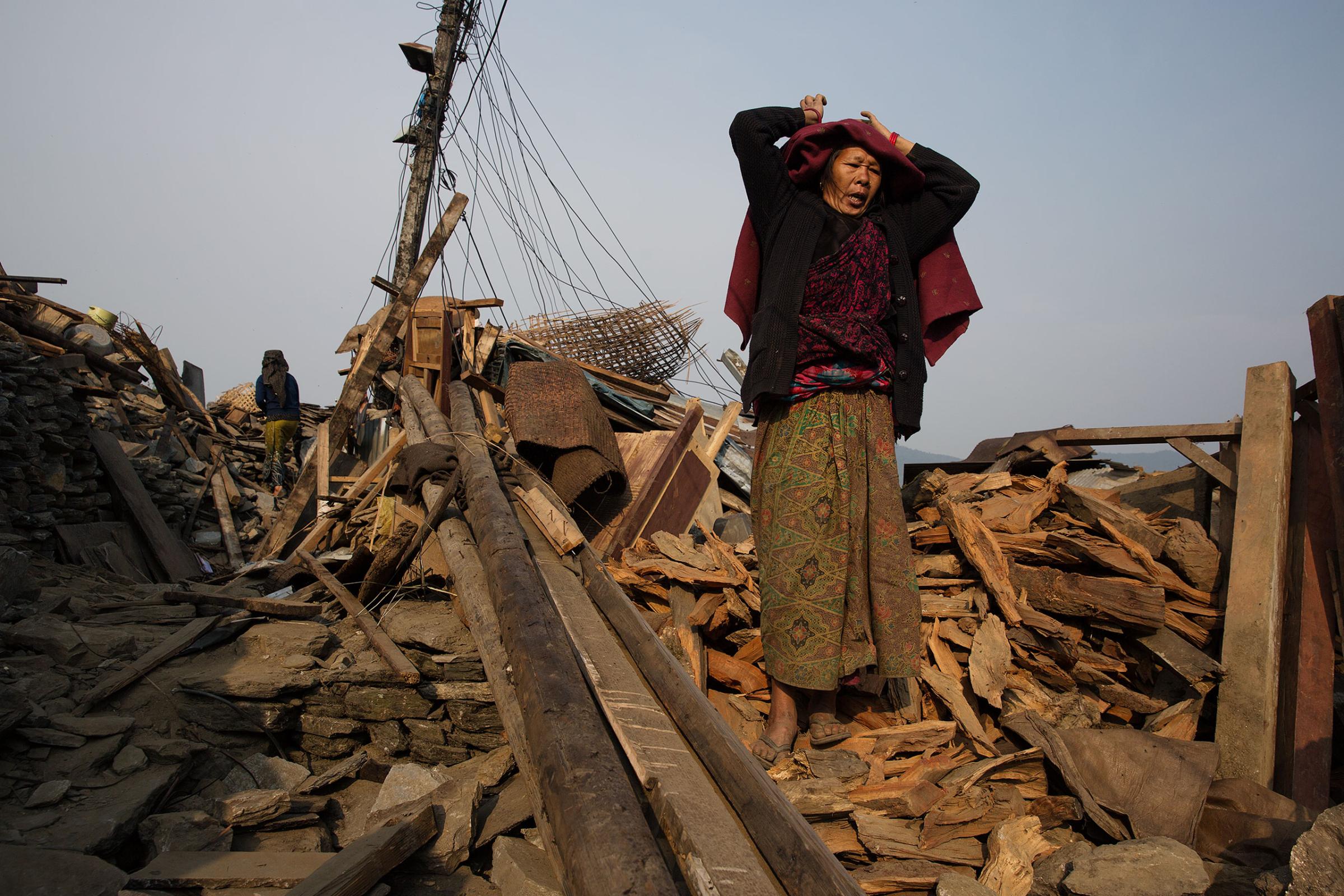

In his best-selling work, famous researcher Geert Hofstede argued that we carry “mental programs.” These mental programs, which are developed based on our interactions with our family and society as we grow up, allow us to be comfortable with social structures such as existing hierarchy and paternalism, and internalize them.
Nepalis are deferential people. If they continue to follow their “mental programs,” then it will likely exacerbate inequality and injustice. That is why we must ignore patriarchy and forget the way we treated each other in the past. During this time of crisis, there have been many who have ignored traditional norms to help each other—but more must be done.
There is rise in a “can-do” spirit among Nepalis and much talk about shaking the status quo. There can be no better way of rebuilding a robust Nepal than ensuring that the majority of Nepal’s population are represented as empowered partners. This is especially important now, as political leaders work to draft a new constitution. There are concerns that women won’t have equal citizenship rights, specifically they won’t be able to pass Nepali citizenship on to their children.
The task of revamping Nepal is long overdue. Now rebuilding is also urgent: This disaster cost Nepal about 50% of its GDP and at least one out of every 3,000 citizens. Women leadership will help sustain the newly found can-do spirit.
More Must-Reads From TIME
- The 100 Most Influential People of 2024
- Coco Gauff Is Playing for Herself Now
- Scenes From Pro-Palestinian Encampments Across U.S. Universities
- 6 Compliments That Land Every Time
- If You're Dating Right Now , You're Brave: Column
- The AI That Could Heal a Divided Internet
- Fallout Is a Brilliant Model for the Future of Video Game Adaptations
- Want Weekly Recs on What to Watch, Read, and More? Sign Up for Worth Your Time
Contact us at letters@time.com